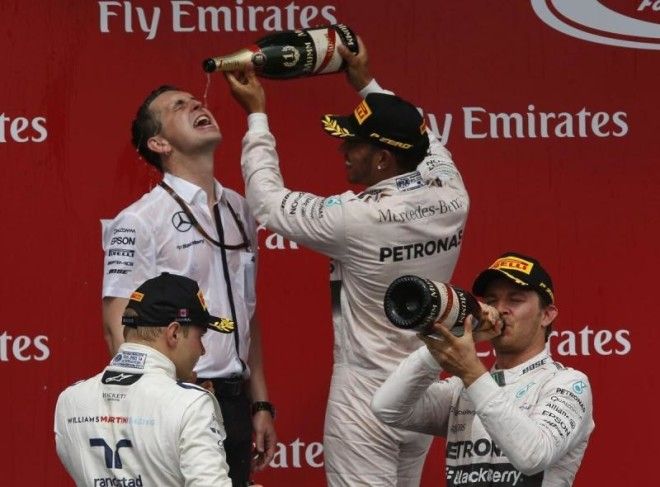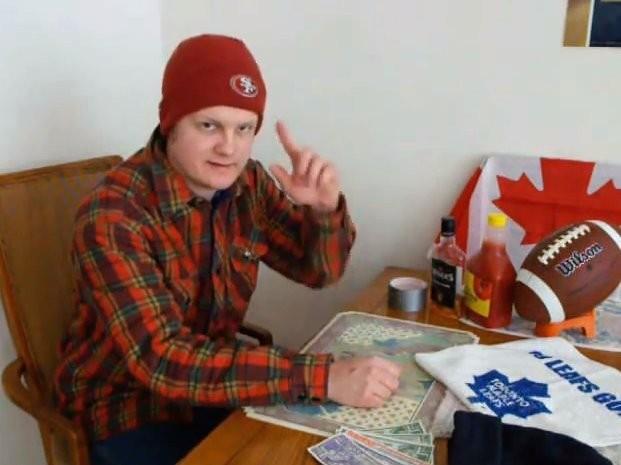Now, it's not always easy to spot a Canadian in the US. For the most part, we sound pretty similar. We share a lot of values with Americans and can identify with the same cultural references.
But we do have our own vernacular, and there's a lot more to it than "ehs" and funny "abouts."
Here's a list of Canadian slang words and expressions that many Americans would not recognize:
Keener: A person who is extremely eager or keen. Used interchangeably with terms like "brownnoser" and "overachiever" among Canadian schoolchildren.
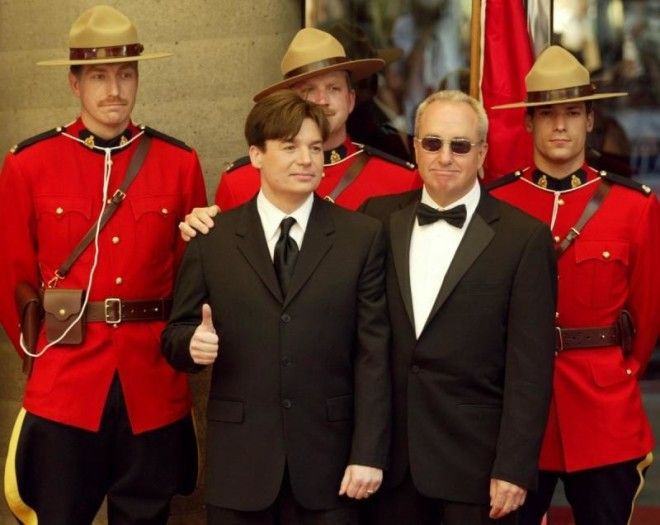
Mickey: A 375 ml bottle of alcohol. Usually shaped like a flask but slightly larger, they fit perfectly in a lady's purse.
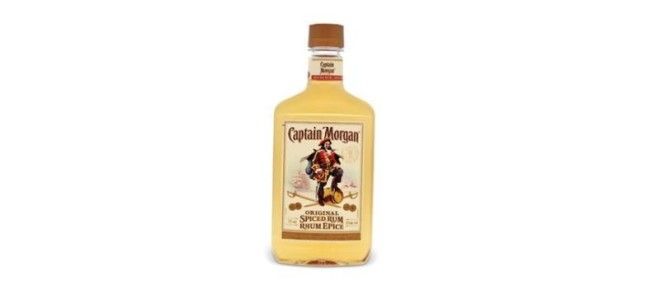
Runners: Running shoes. Or, really, any kind of athletic shoe, like a tennis shoe.
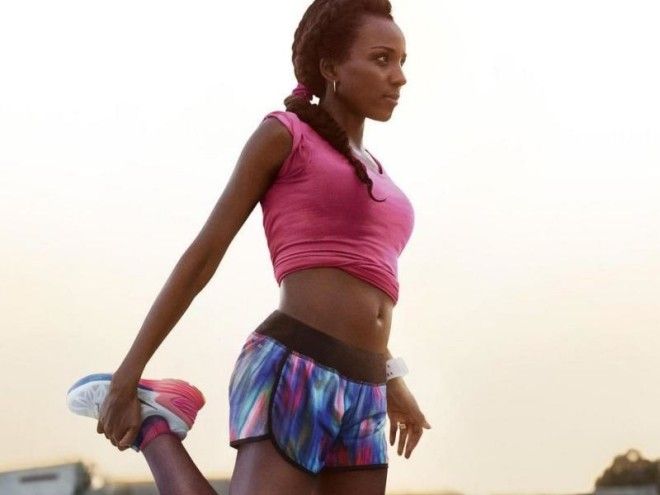
Stag and stagette parties: bachelor and bachelorette parties.
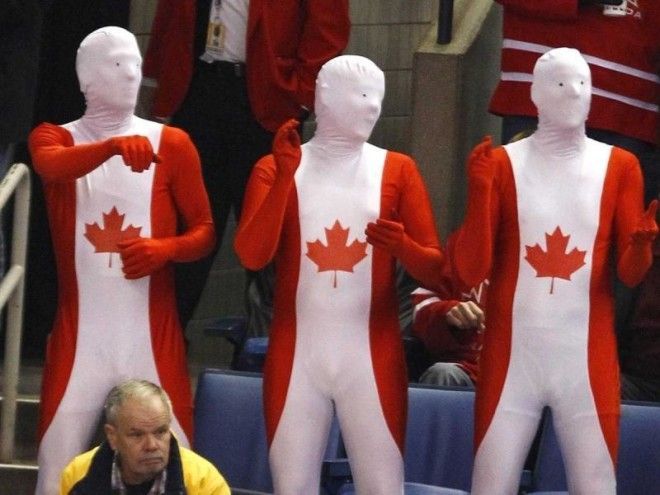
These guys may have come from a stag party.
Hang a larry: Turn left.
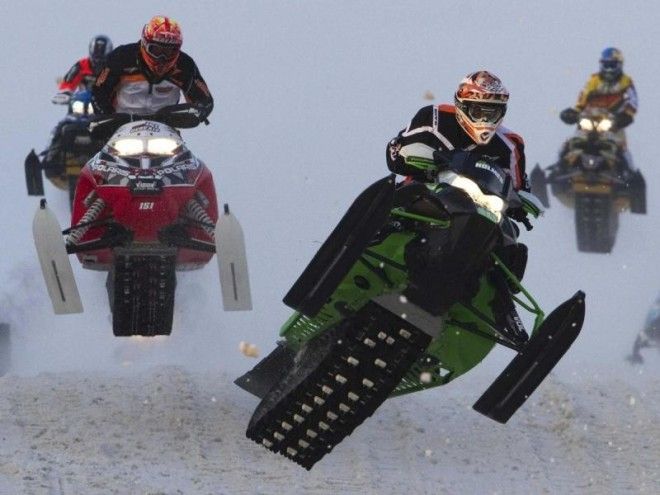
Hang a roger: Turn right.
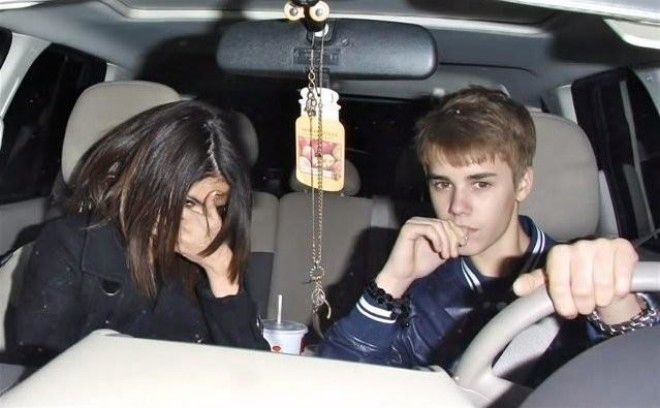
Two-four: a case of 24 beers.
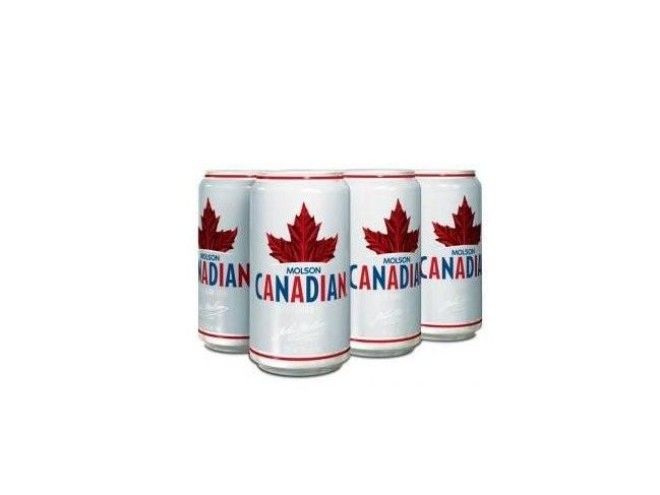
Freezies: A favorite summertime treat that consists mostly of sugar and water frozen in a clear plastic tube.
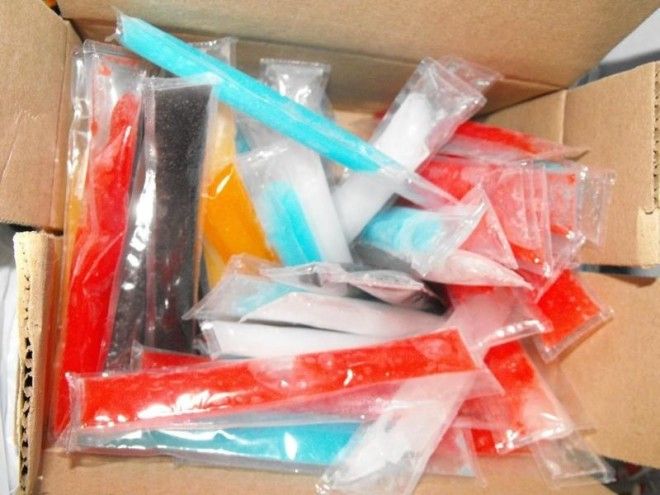
Toque: Pronounced "toohk," a toque is a winter hat or knit cap. Like a beanie. It often refers to the type of beanie that rolls up at the bottom.
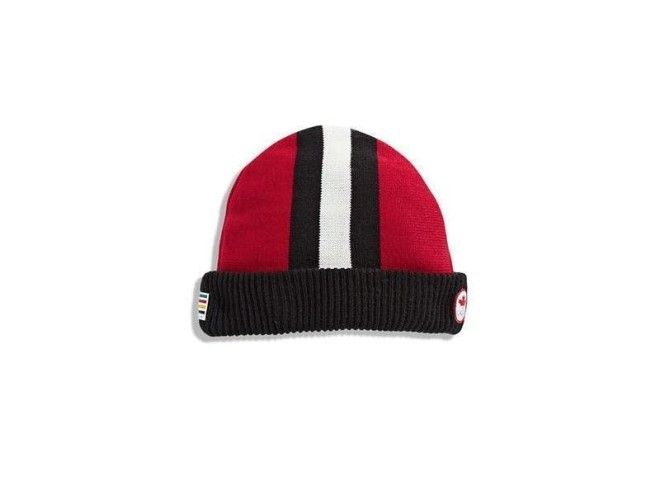
Give'r: To exert as much effort as possible. Often used in the context of extreme sports.
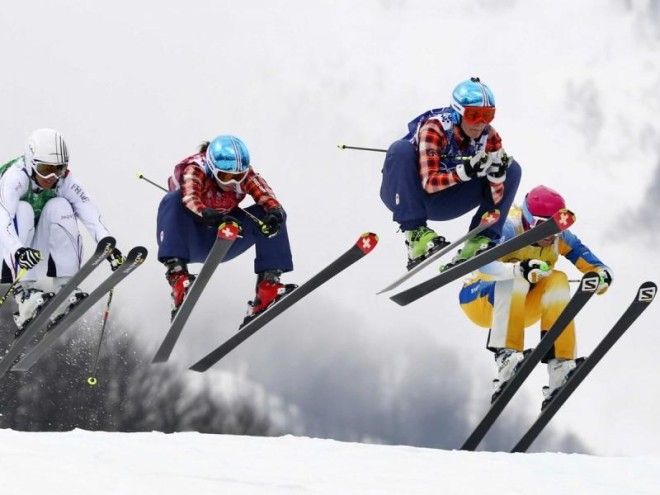
Homo milk: Homogenized milk, also known as whole milk. In Canada, it is very normal for a parent or spouse to ask you to pick up some homo milk on your way home.
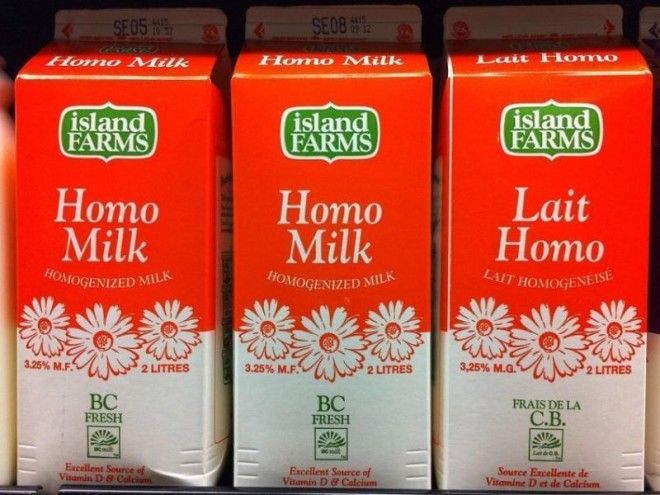
"Out for a rip": Going out for a drive. Or a snowmobile ride. Or any other kind of excursion, really.
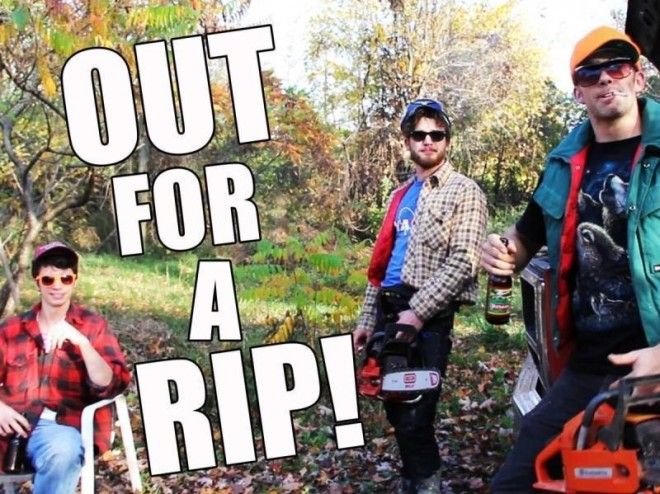
Double-double: a type of coffee from Tim Hortons, Canada's most popular coffee and donut shop. Double-doubles are made with two creams and two sugars.
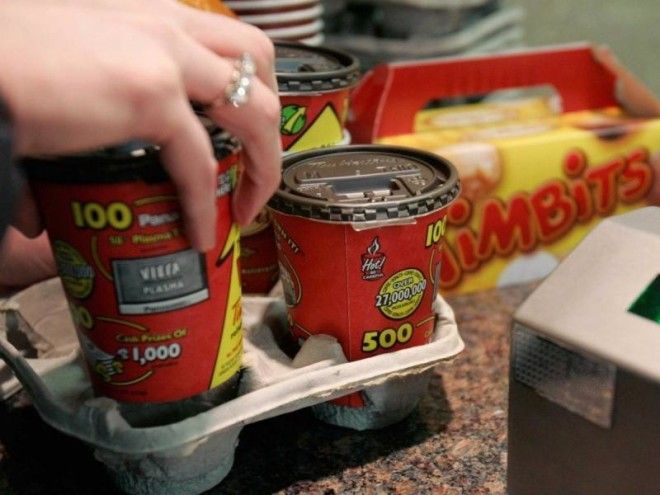
If you know any Canadians, then you definitely know about Tim Hortons.
Timbit: a donut hole from Tim Hortons or from any other restaurant in Canada.
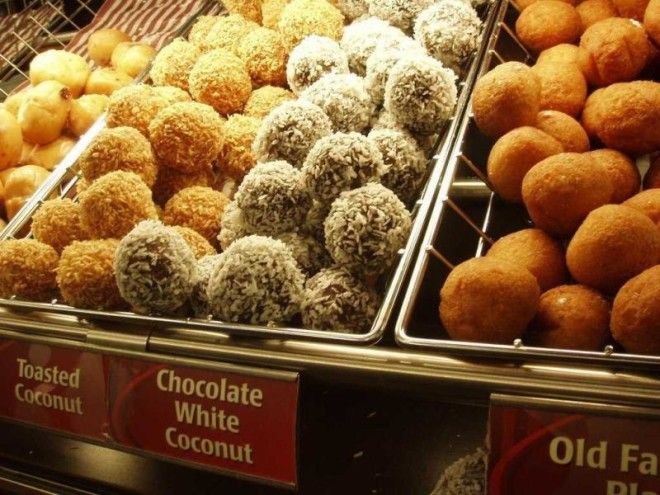
Parkade: A multistory parking lot, aka a parking garage.
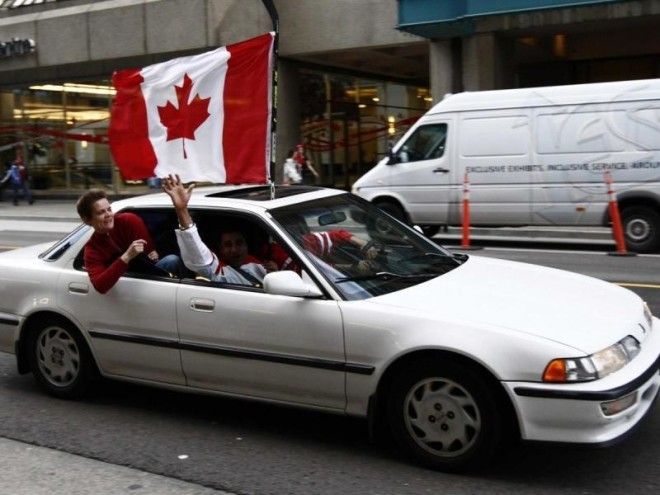
Toonie (or twoonie): You already know what the loonie is, so we'll skip right over that one. A toonie is a $2 coin. It's two-colored and made out of aluminum bronze and nickel.
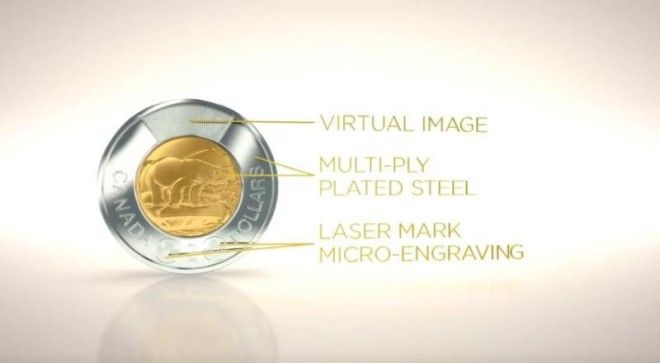
Tourtière: A French-Canadian meat pie, often served around Christmas or New Year's Eve.
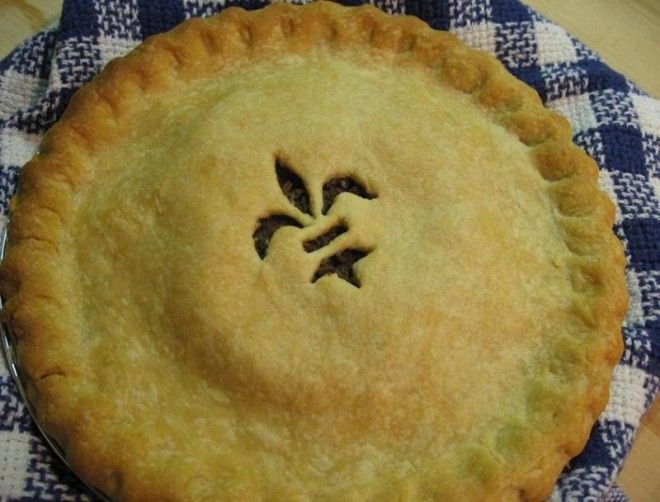
Serviette: a napkin.
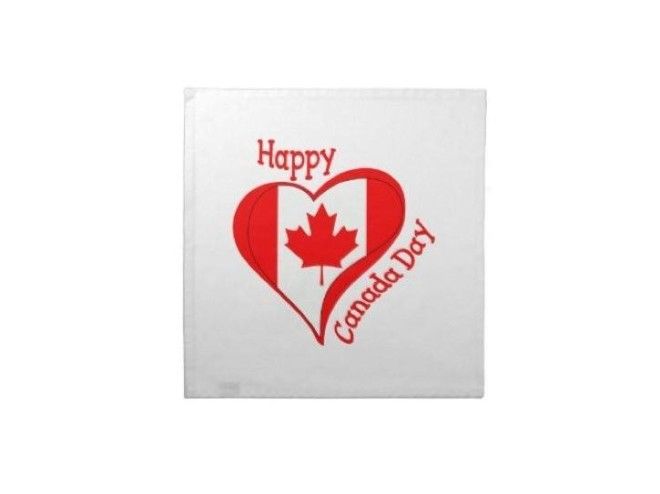
Holiday: Canadians use the term "holiday" interchangeably with "vacation." E.g., "When are you taking your holiday this year?" "I think I might go on holiday in July."
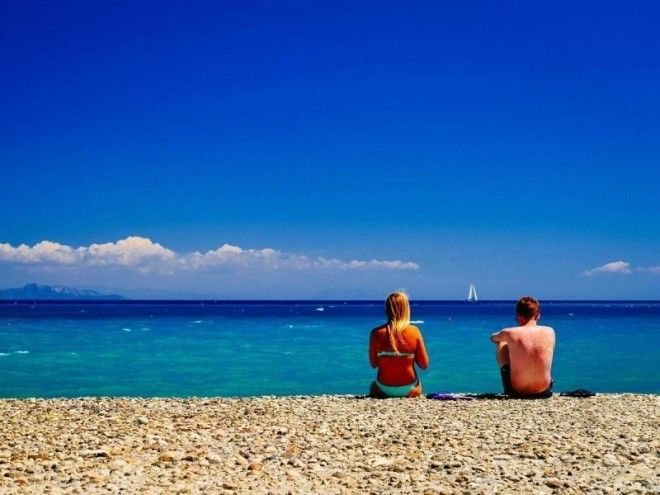
Washroom: a polite word for bathroom. The Canadian version of "restroom."
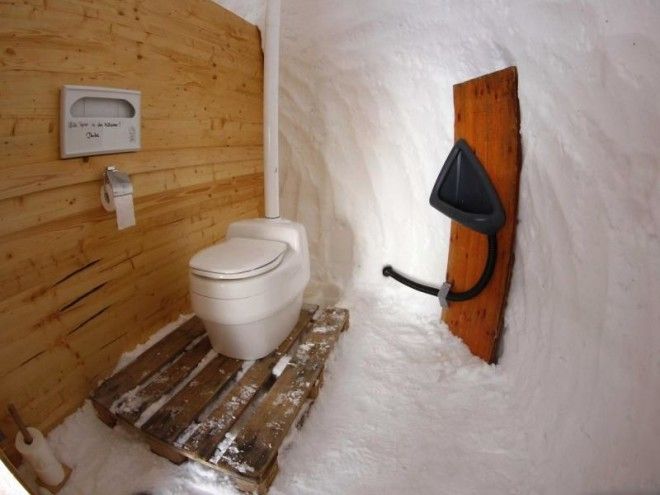
Chesterfield: a couch or sofa.
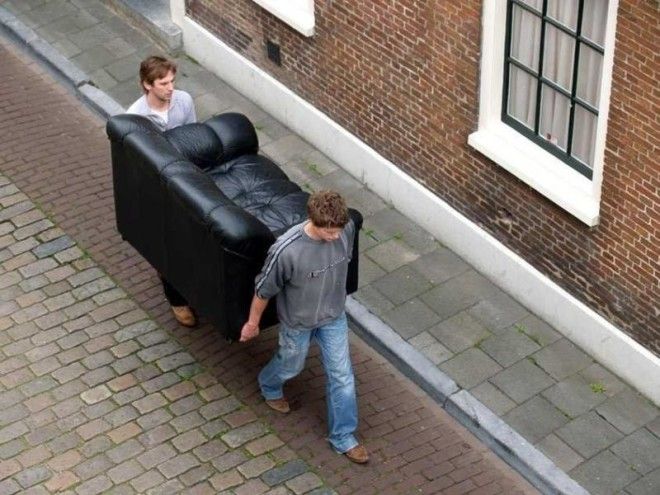
Garburator: an electric device underneath of a kitchen sink that breaks up food so it can be washed away. You call it a trash disposal.
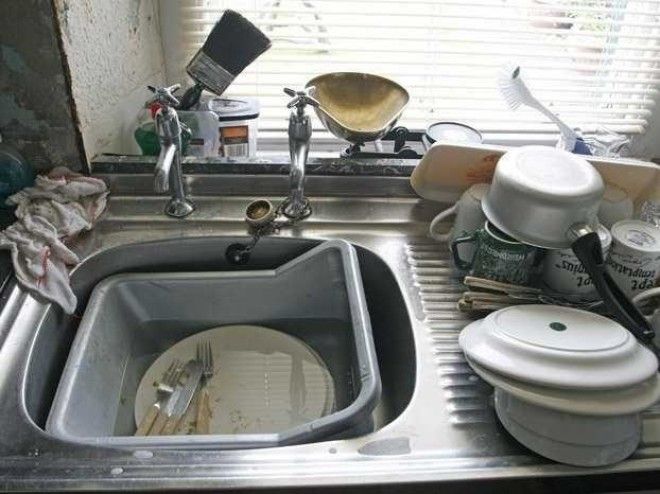
Housecoat: a bathrobe.
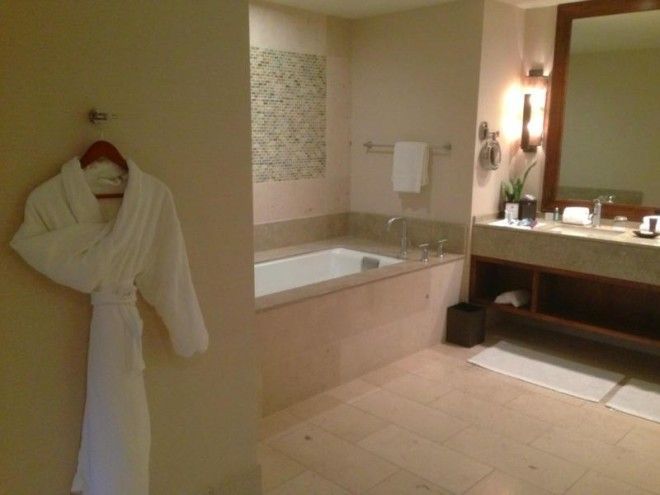
Texas mickey: a 3-liter (101 oz) bottle of alcohol.
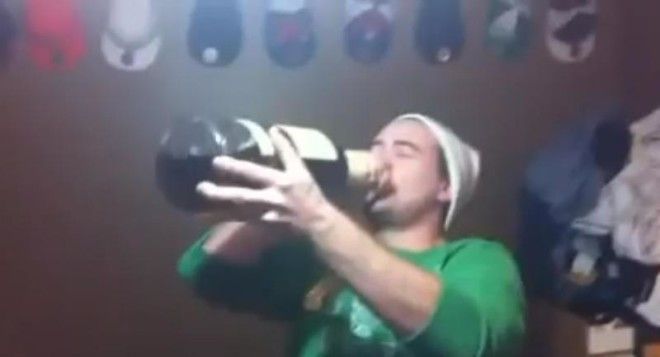
Man wearing a toque drinking a Texas mickey of Canadian Whisky.
Gotch/gitch/gonch: tight men's underpants (known elsewhere as "tighty–whities.")
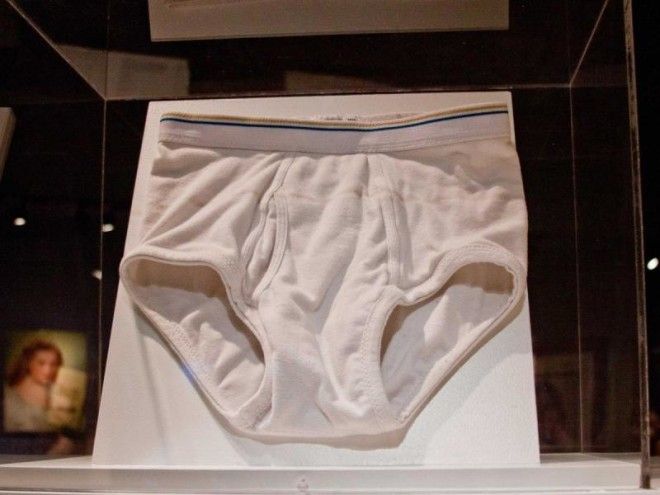
Museum Of The Moving Image
Pencil crayons: colored pencils.
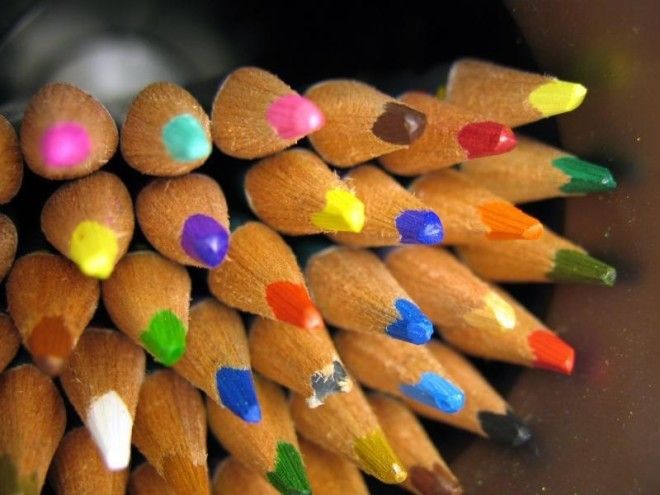
College: This refers specifically to community colleges in Canada. Any institution that awards degrees is referred to as a "university."
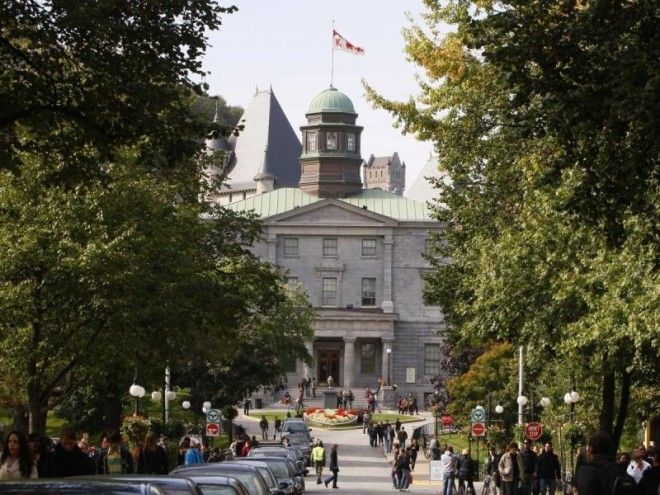
Pop: soda.
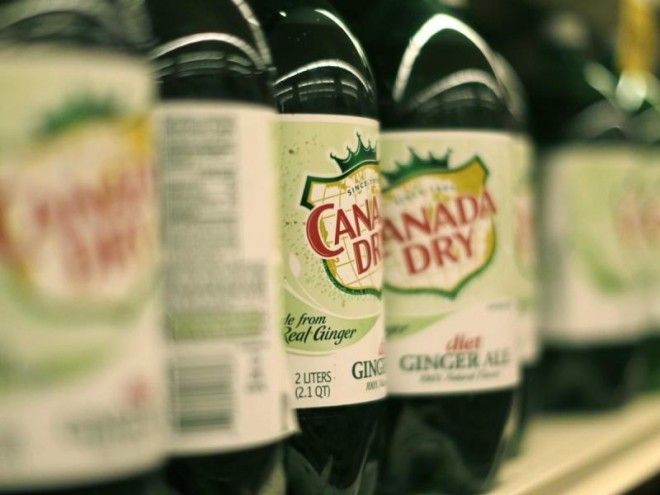
A Haligonian: anyone from the city of Halifax, Nova Scotia.
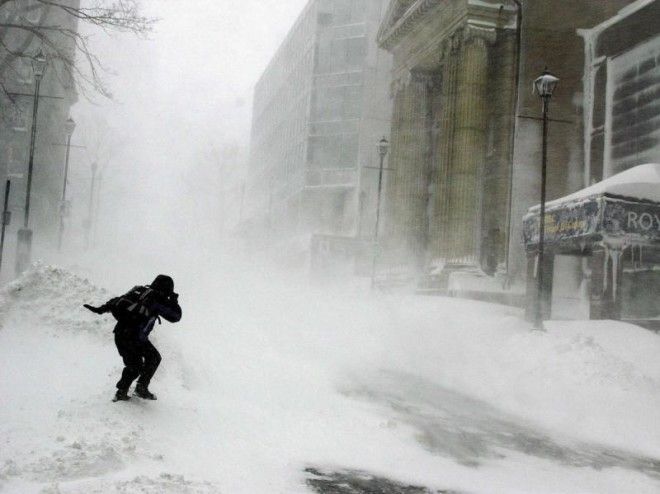
Downtown Halifax on a snowy day.
Cheque: This is how Canadians spell "check" — as in the thing you write to transfer money to another person.
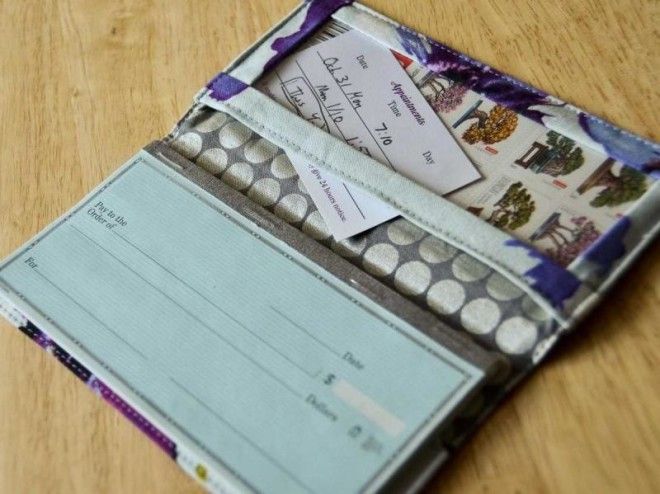
*BONUS TERMS*
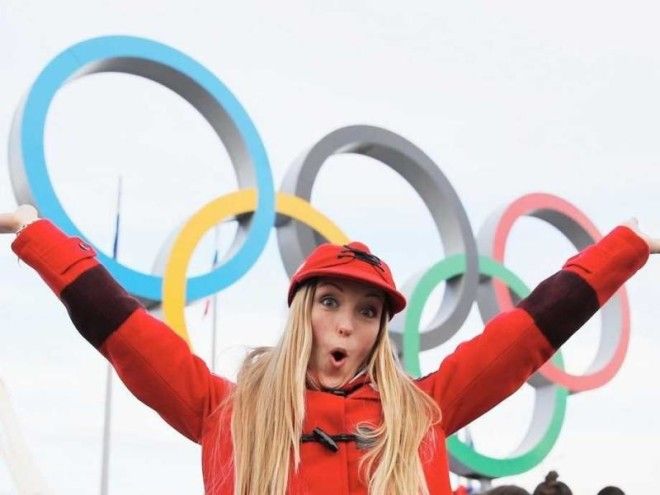
These ones are for the real pros ...
A "pull" versus a "boot": Both terms used to describe someone who is of drinking age who buys alcohol for those who are under-aged. In British Columbia and Alberta, the term "boot" is used. In Saskatchewan, the term is "pull." Neither is prominent in Eastern Canada.
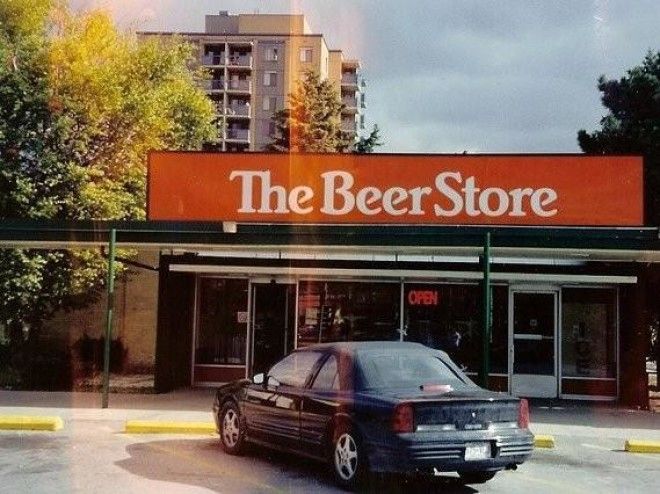
Bunnyhug: Used exclusively in Saskatchewan to refer to a hooded sweatshirt, or hoodie. But only in Saskatchewan. The rest of the country finds it as funny as you do.
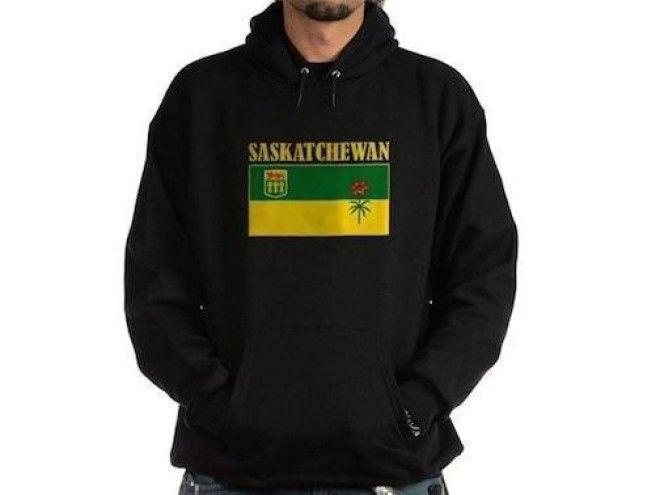
Dep: a term used to refer to a convenience store in Montreal and other parts of Quebec. It's short for the French word dépanneur.
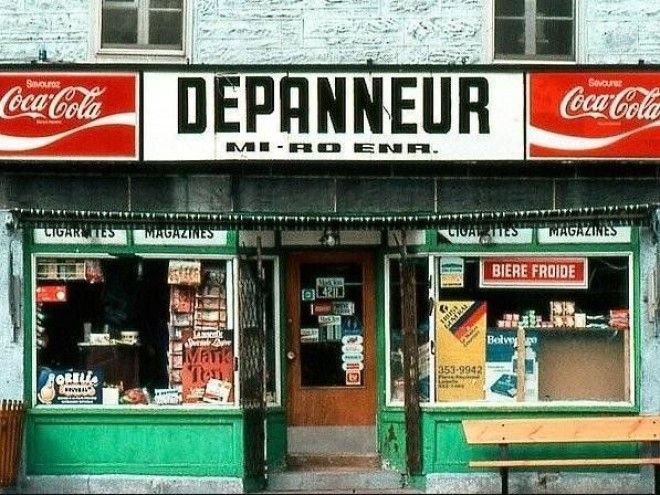
"Hey" vs. "eh": In some parts of Western Canada, the term "hey" is used more commonly than "eh." Importantly, Canadians do not intersperse either word at random throughout sentences. Both are used like the word "right" at the end of a sentence.
